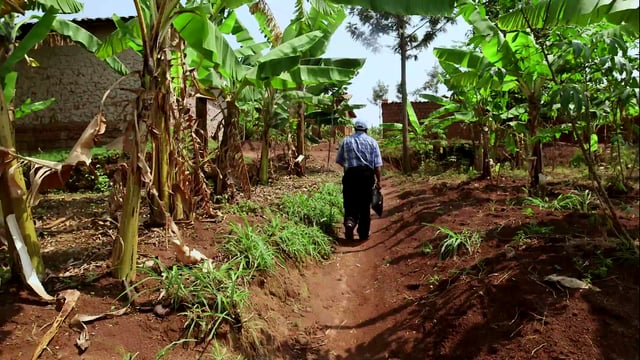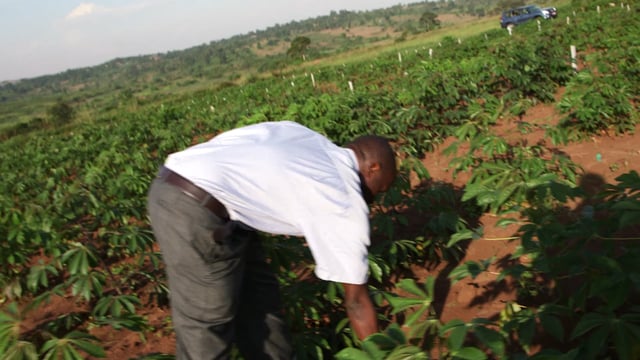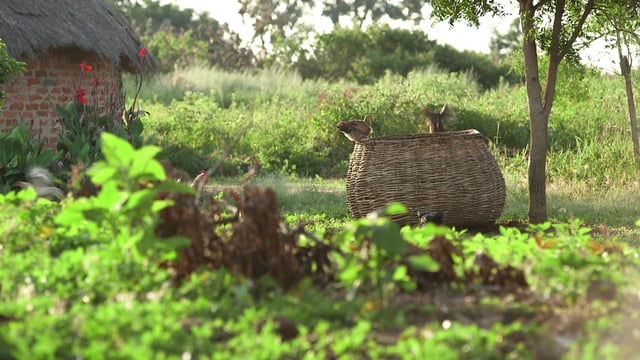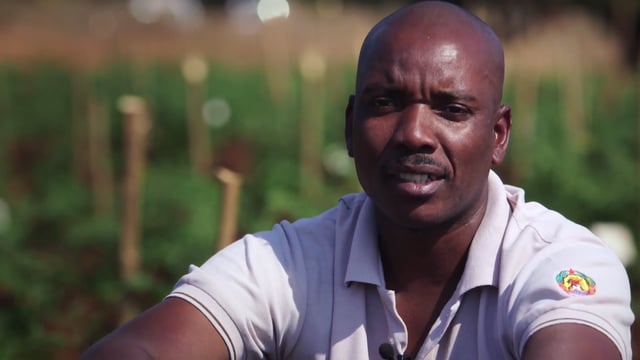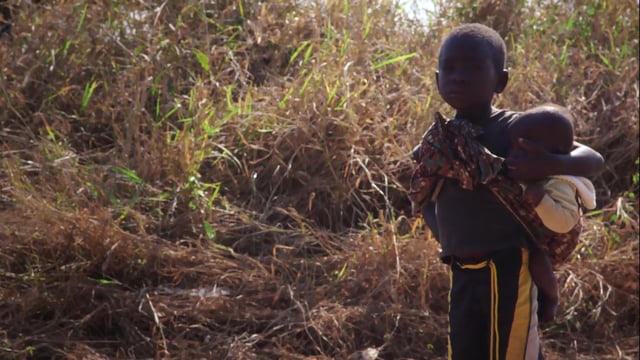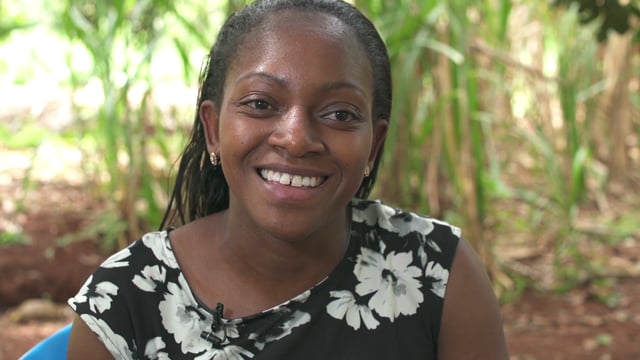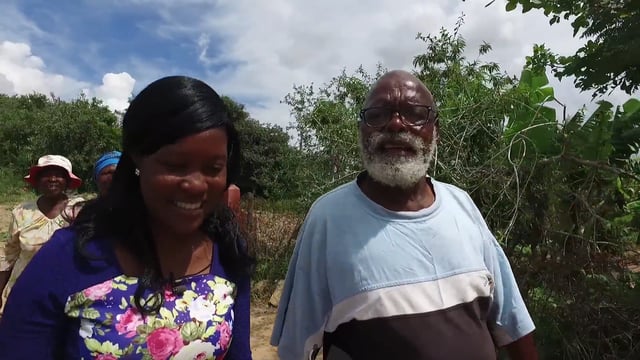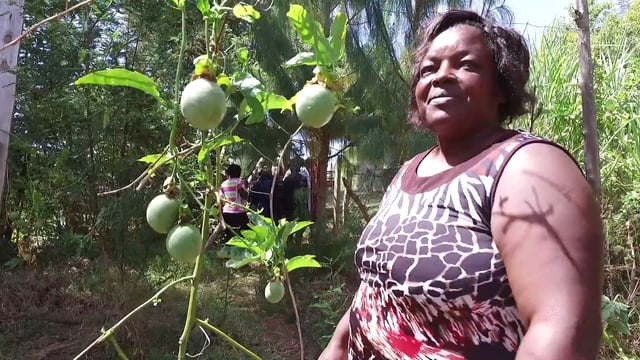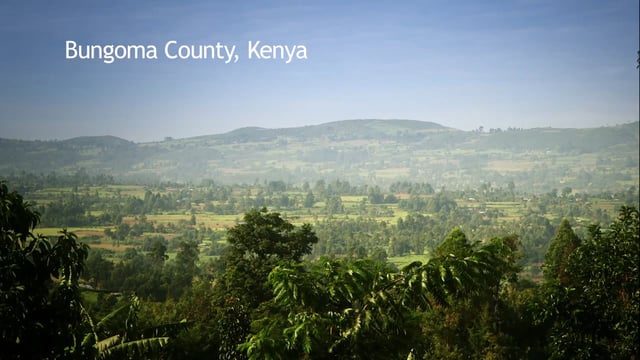Crop Production
Training the next generation of scientist for Africa’s Transformation
RUFORUM has been a helping hand in rebuilding the University of Rwanda on agricultural developments and promoting Masters and PhD programs after the outbreak of the genocide. Leonidas Dusengemungu a Rwandan national was funded by RUFORUM for his Master’s studies at Makerere University. RUFORUM has also supported his Livestock IP innovation platform projects in Rwanda, hence transforming African communities.
Training Science Leaders for Africa Featuring Robert Kawuki
The video features RUFORUM funded Robert Kawuki working together with the national crop research institute in developing soybean and cassava varieties, working with the farmers to ensure the address farmer needs. The story also highlights the importance of building capacity for African research institutions.
Training Science Leaders for Africa Featuring Charles Liri
Training Science Leaders for Africa Featuring Charles Liri, Uganda
Sorghum is a crop that is plagued by the striga weed. Charles is a RUFORUM grantee who is working together with the farmers to develop high-yielding, striga-tolerant varieties. There is mutual learning between the farmers and the student.
Training science leaders for Africa – Featuring Bento Filipe
Eduardo Mondlane University, Mozambique
The video features a RUFORUM grantee called Bento Filipe Francisco, a junior researcher from the Instituto de Investigacao Agraria de Mocambique (IIAM) in Mozambique. He has been funded and supported by RUFORUM to carry out his agricultural research on tomatoes.
Training science leaders for Africa – Featuring Abigael Otinga
The video features Dr. Abigael Otinga, a soil scientist from University of Eldoret telling her academic story right from primary school. She narrates the desire and dreams she once had and how she became a RUFORUM grantee. She is now a well-trained science leader for Africa.
Tomato Curly Stunt Virus in Mozambique
Eduardo Mondlane University, Mozambique
The importance of tomato (Lycopersicon esculentum) as source of food and income generation in Mozambique is threatened by proliferation of a viral disease called Tomato Curly Stunt virus (ToCSV) which causes yield losses of up to 100 % negatively impacting on crop productivity and the communities’ livelihood.
Small grants, significant impact: A RUFORUM graduate research grant story
RUFORUM and universities working closely with small farmers along the entire banana value chain to improve income and strengthen farmer institutions.
RUFORUM Regional Programmes: Research Methods
The Jomo Kenyatta University of Agriculture and Technology, Zimbabwe
Alma Muropa, an M.Sc grantee studying in Kenya, demonstrates the impact of RUFORUM regional programmes with her research exploring options to assess the uptake of Conservation Agriculture in Domboshawa Zimbabwe.
Farm attachments: Students and farmers learning together
Proactive and closely mentored farm attachment programmes have the potential to help farmers innovate and at the same time develop student skills and social commitment. This example particularly focuses on assisting women farmers with innovations.
Engaging Universities to Strengthen Agricultural Value Chain
The Project has enabled Farmer Associations to develop their business plans, initiate contract farming, produce striga tolerant seed maize, increased sorghum and soya production, improved management and built the capacity of the Farming Associations to undertake value addition
Beans for Africa: University research linking Private Sector with farmers
Addressing the challenge of short day length and disease, this RUFORUM grantee worked closely with farmers to develop export quality runner bean lines suitable for cultivation under tropical conditions. These efforts were then extended in projects to add value and market the beans.

